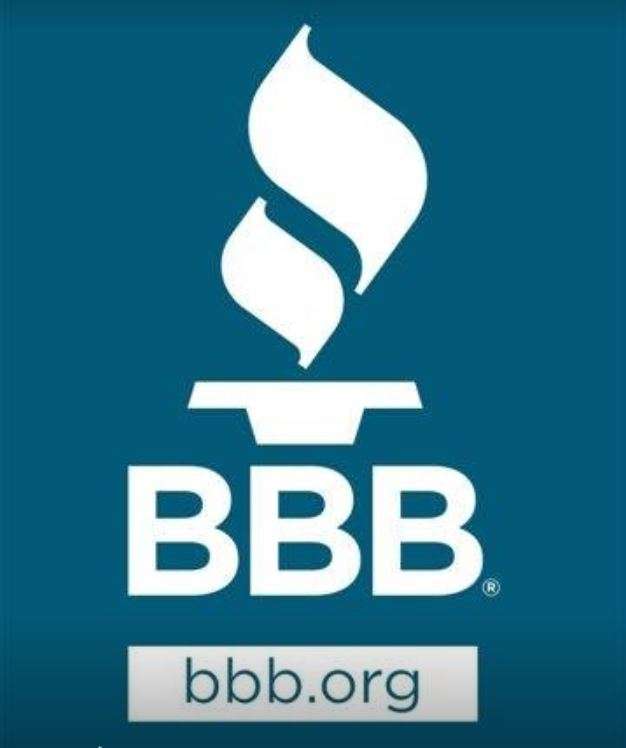
BBB
The latest social media scam is yet another phishing scheme designed to scare Facebook users into sharing their login credentials. Here’s how you can spot the scam and protect your account from hackers.
How the scam works
You receive an email that appears to come from Facebook and says something like this:
“Recently, we discovered a breach of our Facebook Community Standards
on your page. Your page has been disabled for violating Facebook Terms.
If you believe the decision is incorrect, you can request a review and
file an appeal at the link below.” The message may also state that if you don’t act in the next 24 hours, Facebook will delete your account permanently.
The
email includes a link that appears to lead to Facebook.com. Because you
want to keep your account, you may think about clicking - however, you must stay calm and take a closer look.
On closer inspection, you’ll likely find signs of a scam. These include
typos, email sender addresses that aren’t related to Facebook, and, if
you hover over the link in the email (without clicking on it), you will
discover that it doesn’t point to Facebook’s website.
If you
click the link, you’ll likely be taken to an official-looking page and
prompted to complete a form to appeal the policy violation. You’ll be
asked for your login email, phone number, name, and other details. The
page will ask you to confirm your password when you hit submit. If you
do, scammers will have all the information they need to hack your
account.
How to avoid Facebook phishing scams
- Don’t panic. Always
read suspicious emails carefully, looking for signs of a scam, before
you act. Remember that scammers love to target social media accounts, so
fake alerts aren’t uncommon.
- Verify the claims. Log into your Facebook account directly to verify there is a problem before deciding how to proceed.
- Always log into your account directly. Even
if you think an alert is authentic, use your social media app to log in
or enter the URL in the browser bar by typing it, not by clicking on a
link sent to you.
- Guard your login credentials carefully. Never enter your login information on a third-party website or a page other than the official Facebook website. Never send your login information to someone via email or Facebook Messenger. If you entered your login credentials into a fake form, change your password immediately.




